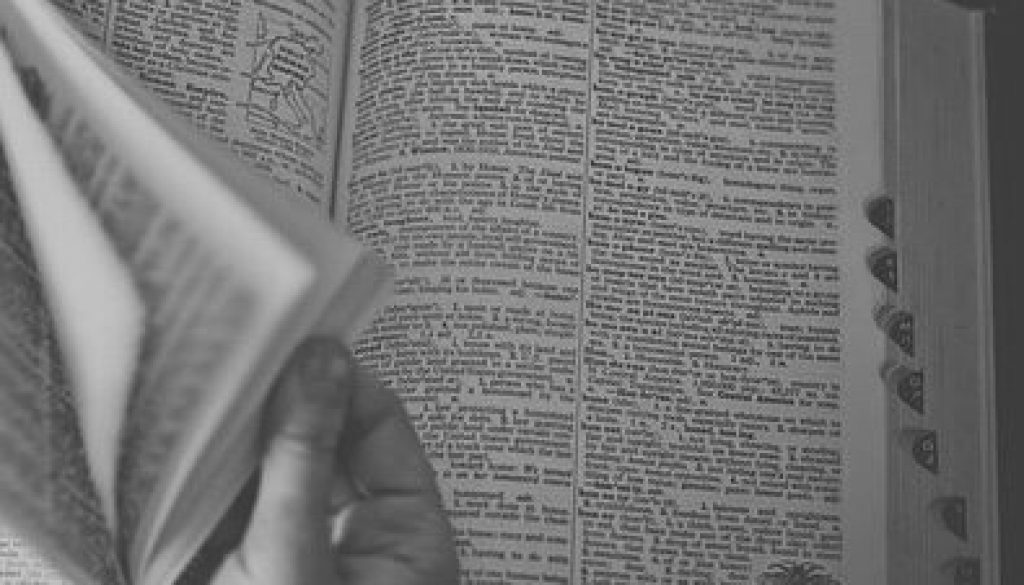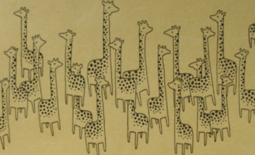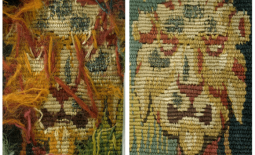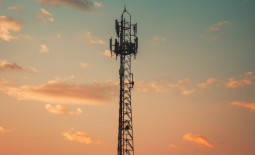The Big Book of Unknown Things
 When my siblings and I were growing up, our mother never really got annoyed with the typical questions that precocious and curious kids are want to ask. She’d simply refer us to a resource where we could find out for ourselves.
When my siblings and I were growing up, our mother never really got annoyed with the typical questions that precocious and curious kids are want to ask. She’d simply refer us to a resource where we could find out for ourselves.
If my mother didn’t know the answer to one of my weird questions, she didn’t lie or give me her best guess, she’d recommend a resource that likely held the knowledge I was seeking.
I think one of the earliest things my mother ever taught me was how to find answers.
As mentioned elsewhere in the blog, my brother, sister, and I were all “readers” from an early age. A companion to any challenging reading material was this large, old, dictionary that belonged to our grandmother. Gram had a smaller, pocket edition dictionary which she used for her crossword puzzles (it now hangs framed in my office), but there was also an ancient desk-sized tome that seemed larger and older than any book I’d ever seen.
When we were stumped by a word, whether that meant we didn’t know it’s meaning or were unsure of how to pronounce it, we were always encouraged to go look it up.
I’m not positive how this made my younger siblings feel, but for me it always felt a little adventurous and intimidating. I was excited by the prospect of gaining another chunk of knowledge, but touching “The Dictionary” made me a little nervous. It was a pretty imposing book.
At first glance you’d have thought it was a bible, but then you realize modern bibles rarely look this well-used.
The letters of the book’s title on the cover and spine had all but worn away over the years. I think they must have originally been a gold or silver leaf emboss that simply flaked off over time. It had a gray cover (who knows if that was its original color) and the inside pages were thin, like onion skin. I remember turning them so delicately for fear they’d tear and I’d be forbidden from ever using the book again.
The imprinted entries of each word were very small. It would have been more effective to use a magnifying glass to see them, but I like moving my entire head closer to the page to read — it allowed my sense of smell to pick up the slight aroma of “old book” (my favorite perfume).
The book divided each alphabetical section of its contents using black, half-circle, tabs which cut into the book pages and had the section letter reverse-printed within the tiny crescent.
I loved looking up words in that book.
And it was never just one word. There was always another interesting word to stumble across on my way to the intended listing. At one point I just made it part of my research ritual to also read the entry immediately above and immediately below the word I was looking up. I’m not sure my mother or grandmother realized that their “trick” to make me educate myself may have paid off three-fold.
In the 5th grade my mom bought me my own dictionary. It was a paperback set that also included a thesaurus (don’t get me started on how much I loved discovering words inside of the thesaurus!) I used those two books until the covers literally fell off.
These days you can immediately look up any word on your smart phone and find the exact thing you’re looking for. You can highlight a word in your Kindle reader and a pop-up will tell you what it means. You can even press an icon to have an electronic voice tell you exactly how to pronounce the word. I found a site the other day that plays audio of how the words sound in other accents from around the world.
These smart devices only make you as smart as you need to be in that moment.
When a smart device gives you exactly the answer you’re looking for, you miss out on the discovery process of finding exciting new things that you weren’t looking for.
It may be a “smart” device, but it’s not a “make-you-smarter” device.
As much as I enjoyed my personal dictionaries over the years, I’ve never found one as magical as that first old book-of-many-words.
I think I remember seeing that original dictionary on my mom’s bookshelf a decade or so ago.
It looked small.
It appeared even more fragile now. There were no traces of text on the cover or spine at all. I could see dried and yellowing scotch-tape holding pieces of it together, and there were rubber bands wrapped around the entire book to keep the pages and cover securely in place.
There was no way a person could use this portal of knowledge. It had been sealed and put on display like a relic in a museum.
It made me a little sad.
It was like seeing termites eating at the wardrobe leading to Narnia or a “condemned” sign nailed to the door of Hogwarts.
In the spirit of discovery, I challenge you to go find the oldest physical dictionary you own, open it to a random page, and close your eyes while you run your index finger across its pulp-fiber page.
Then stop randomly, open your eyes, and really read the entry you landed upon.
Study the additional meanings listed and view the almost foreign letters of the pronunciation key (having you been saying this word incorrectly all these years?). Consider how you’d incorporate this word into your next conversation.
And now do the same for the word immediately above and immediately below that original word.
Who knows what words worlds you’ll discover?




